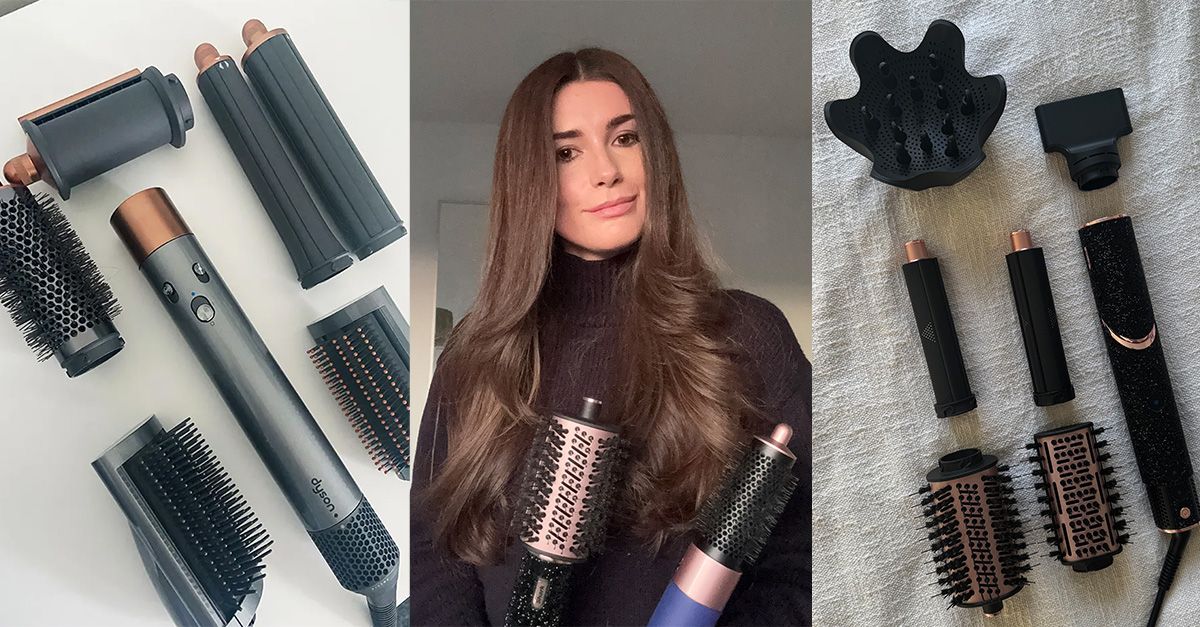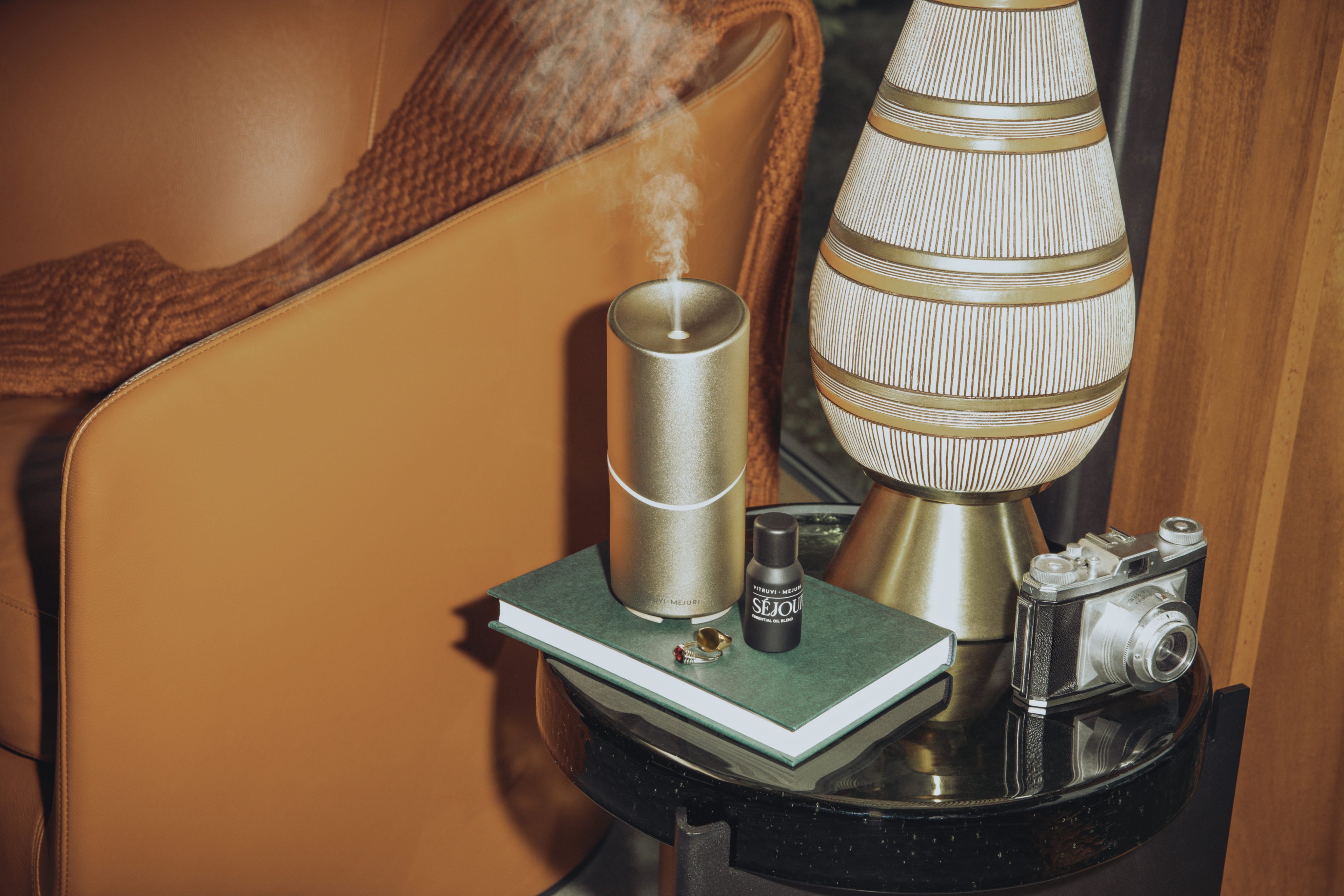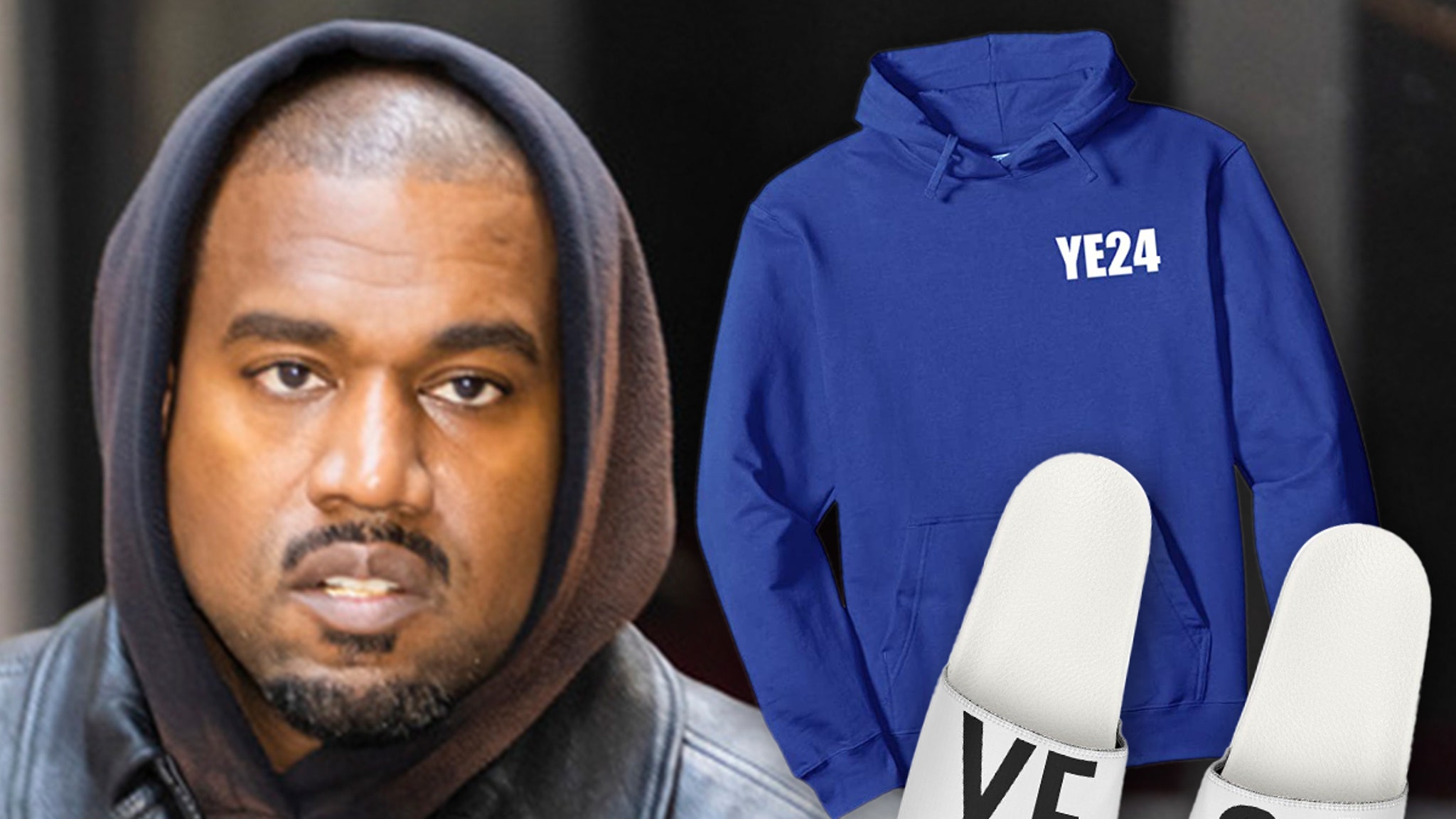Touro University has been awarded more than $3.2 million in federal funds, the university announced Thursday.
The funding will support projects at the university’s Jacob D. Fuchsberg Law Center and New York Medical College. These projects are designed to provide opportunities for lawyers and doctors to serve society, according to the university.
Touro Law Center will receive $475,000 to create its Small Business Legal Clinic to offer legal assistance to minority and women-owned small businesses. The free clinic will aim to support the planning, development and success of small businesses, creating a network of support and opportunities to help under-represented communities.
Touro’s New York Medical College received two grants–$1.9 million to expand existing clinical skills and disaster medicine facilities and create the Equity and Compassion in Medical Education Through Advanced Real-Time Simulations project, and $825,000 to support the Women’s Institute for Science Entrepreneurship.
“The support from Congress for education and training of medical students and others in healthcare and disaster medicine is invaluable, especially the science mentorship program for women,” Dr. Alan Kadish, president of New York Medical College and Touro University, said in a statement.
“We particularly want to thank Sen. Charles Schumer, Congressman Mondaire Jones and Sen. Kirsten Gillibrand for their support,” Kadish said.
With the federal funding, Touro Law will be able to support the incubation, development and success of minority and women-owned small businesses across Long Island through critical legal assistance, access to resources, networking building and educational programing. The Small Business Legal Assistance Clinic would also provide hands-on training for law students as they represent clients with real legal needs in the community.
The Equity and Compassion in Medical Education project will aim to train medical professionals to provide compassionate care by challenging them with demanding real-time health care scenarios. With the funding secured through this grant, Touro will expand its healthcare training facility at New York Medical College to provide students and residents with patient encounters that are designed to teach and test their ability to recognize patients’ issues that go deeper than the health problems they report. Ethnically diverse mock patients, portrayed by professional actors or hi-fidelity mannequins, may initially conceal food insecurity, unemployment or disordered personal relationships, all of which students will learn to probe and investigate with the same intensity as they would direct to chest pain or impending labor.
Simulations of community-wide emergencies, such as mass-transit accidents, active shooter events or pandemics, will intensify the level of preparedness, situational awareness, and rapid responsiveness required of every healthcare professional in modern times.
“This recognition by the U.S. Congress ennobles our 162-year-old institution and advances its historic mission,” Dr. Robert Amler, vice president for government affairs and dean of the School of Health Sciences and Practice and Institute of Public Health, said in a statement.
“These innovative educational approaches will instill new reality-based skills in future healthcare professionals for many years to come and will bring new vitality to the growing ranks of women as science entrepreneurs,” he added.
Through the Women’s Institute for Science Entrepreneurship, the university aims to provide a transformative program to allow women to cultivate new scientific concepts and launch new businesses, create a multidisciplinary entrepreneurship educational opportunity for students and launch careers for alumni who will make significant differences to their communities and the world. The institute would draw on educators and students from Touro University, New York Medical College and [email protected], the biotechnology incubator for local entrepreneurs and start-up biotech firms. Through this program, the university can support women student innovators and entrepreneurs to pursue their STEM education and research, with the goal of transforming ideas into reality.
“We are grateful to the U.S. Congress for supporting our mission of empowering women in science and encouraging the entrepreneurial spirit,” Marina Holz, dean of the Graduate School of Biomedical Sciences who will serve as director of WISE, said in a statement.
“Interventions that create a path for women in science to become business leaders are most effective when introduced early in their educational and professional careers, and this program will robustly promote this goal,” Holz said.
















































































